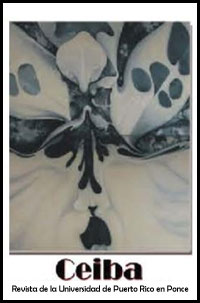Abstract
This article identifies and analyzes attempts that people of the Western Caribbean (specifically in Jamaica, Haiti and Aruba) have made thus far in addressing serious problems in the Caribbean due to the imposition of European colonial languages as languages of instruction in the education systems of territories where most of the population speak a creole language to envision how the peoples of the Eastern Caribbean (specifically in Statia and St. Croix) might begin to transform a formal educational system whose language policies have reduced their children to failures and victims into a system that equips children to be powerful agents in the learning process. The elements of the informal educational systems which have emerged organically from the feminized, Africanized, Indigenized creole cultures of the Caribbean are presented both as a foundation stone as well as a source of inspiration for the design and implementation of education policy and practice.
Los artículos son responsabilidad de sus autores y no se autoriza la reproducción de los textos ni de las ilustraciones sin la previa autorización de éstos, quienes, tras la publicación en Ceiba, conservan los derechos de autor de sus trabajos. Esto aplica, de igual manera, al arte que se utiliza en la portada, la contraportada y las páginas que identifican las distintas secciones de la revista.
Downloads
Download data is not yet available.

